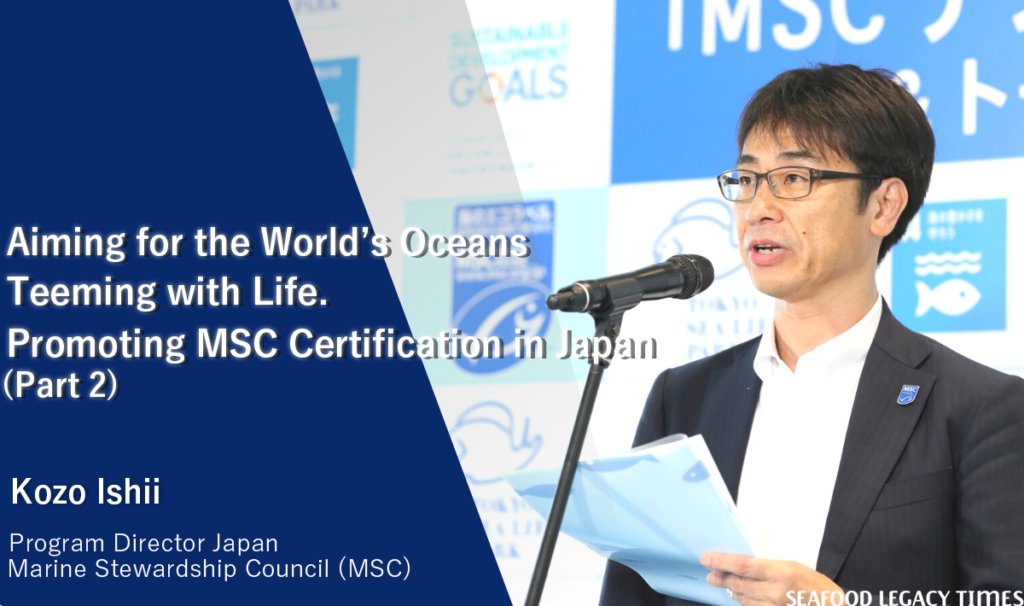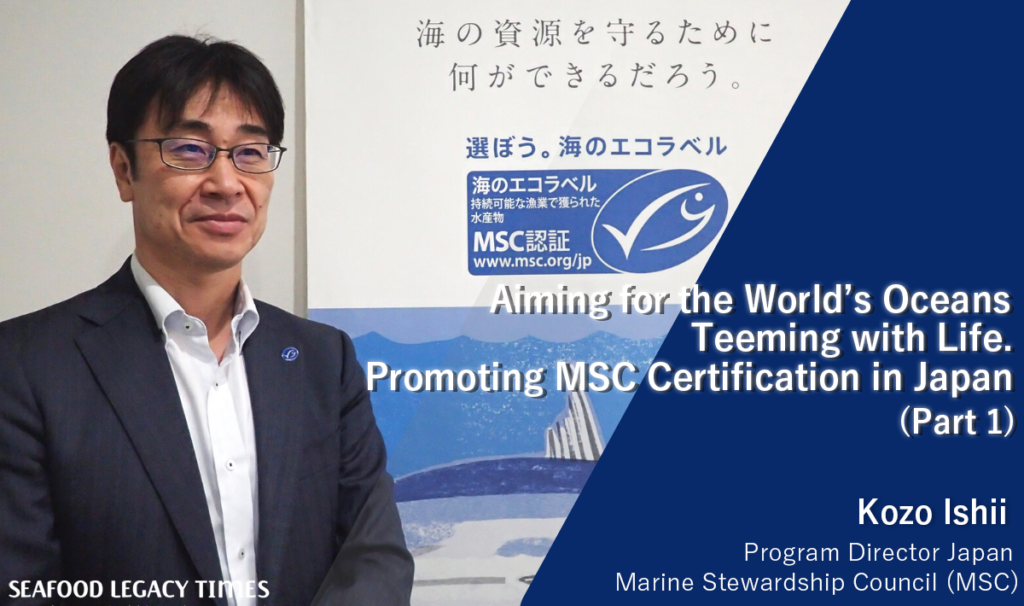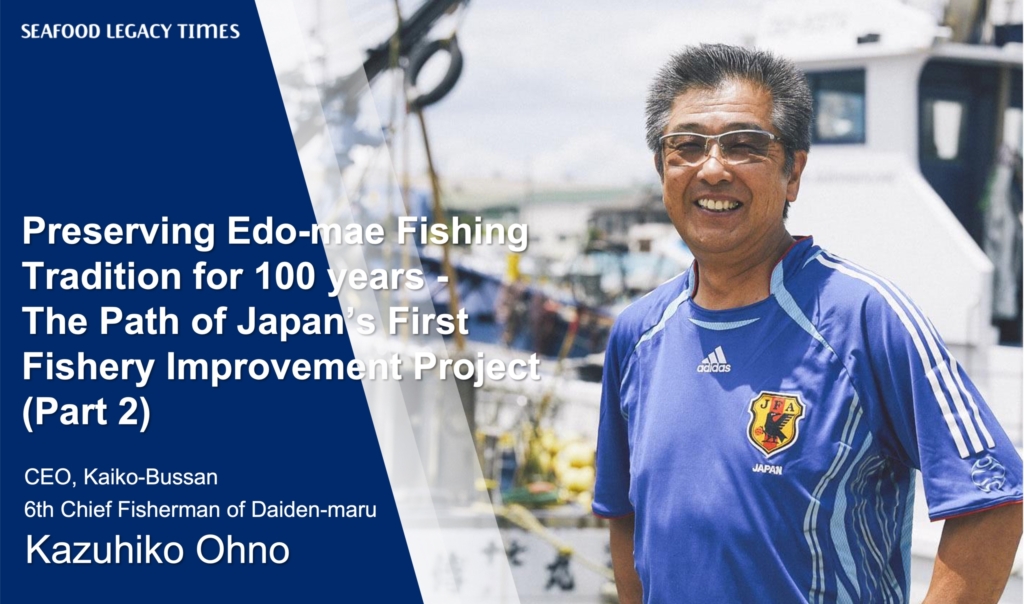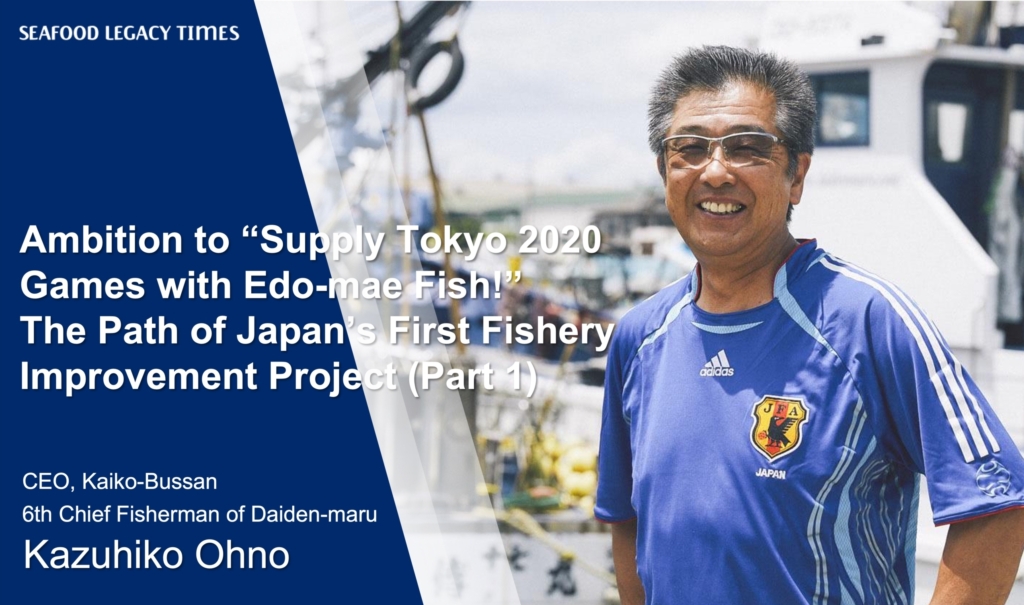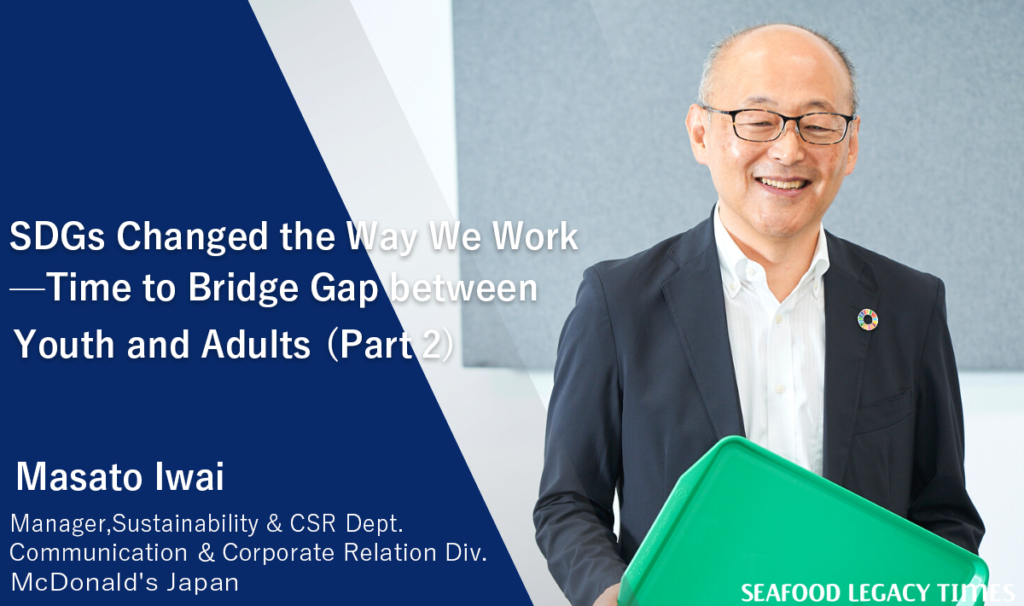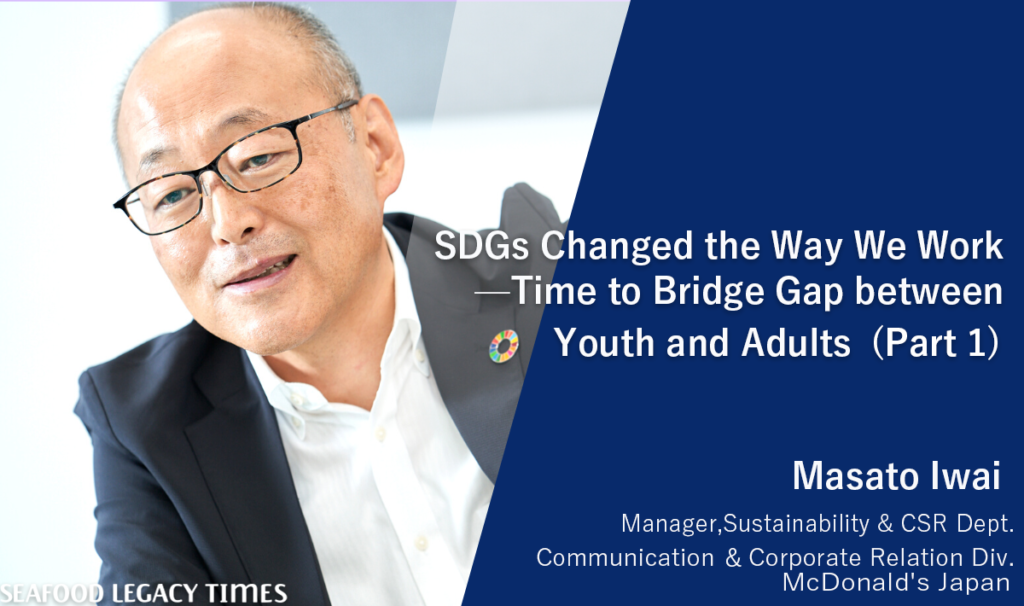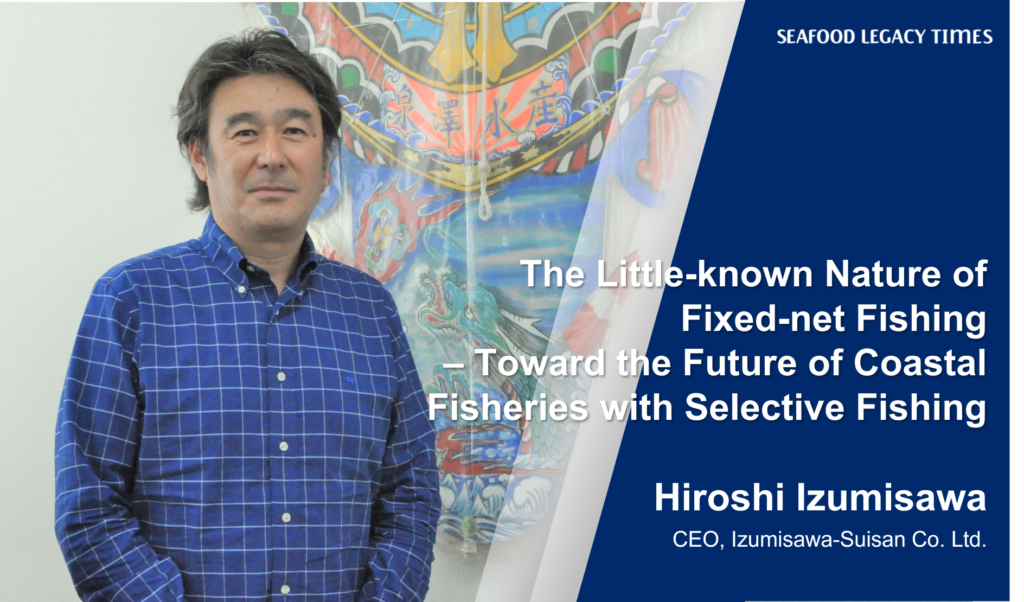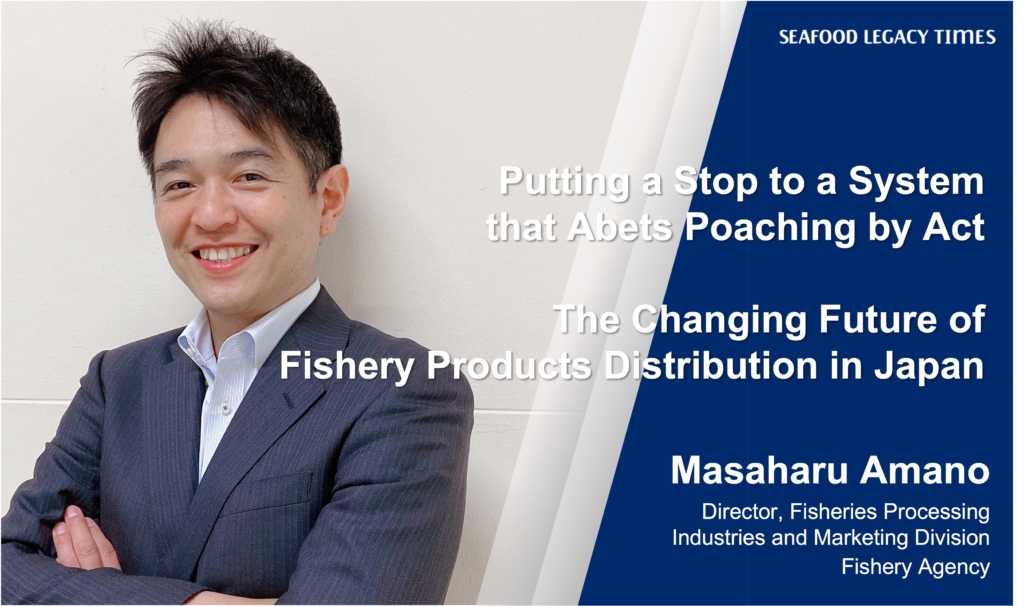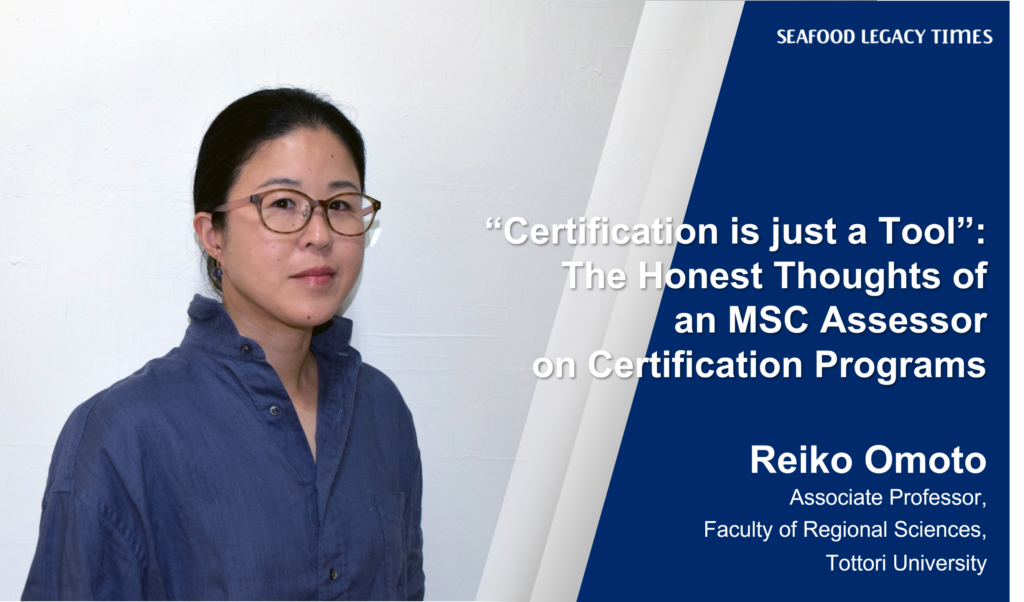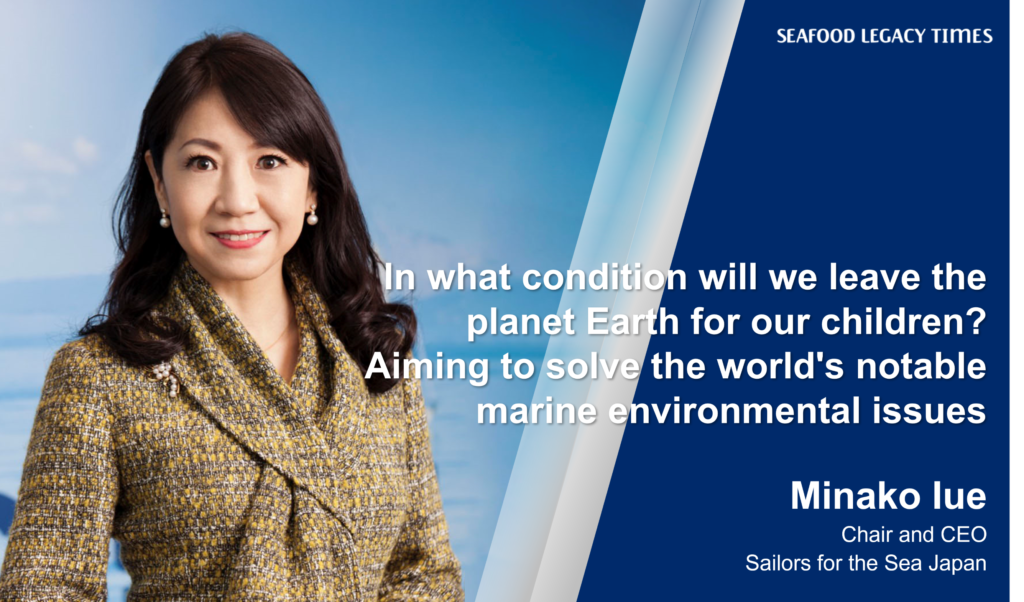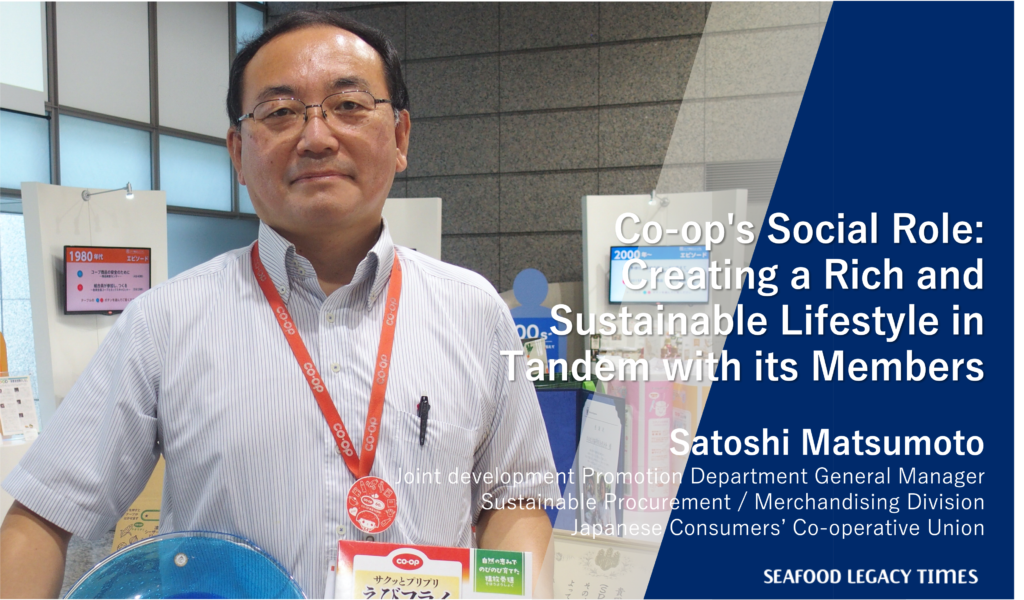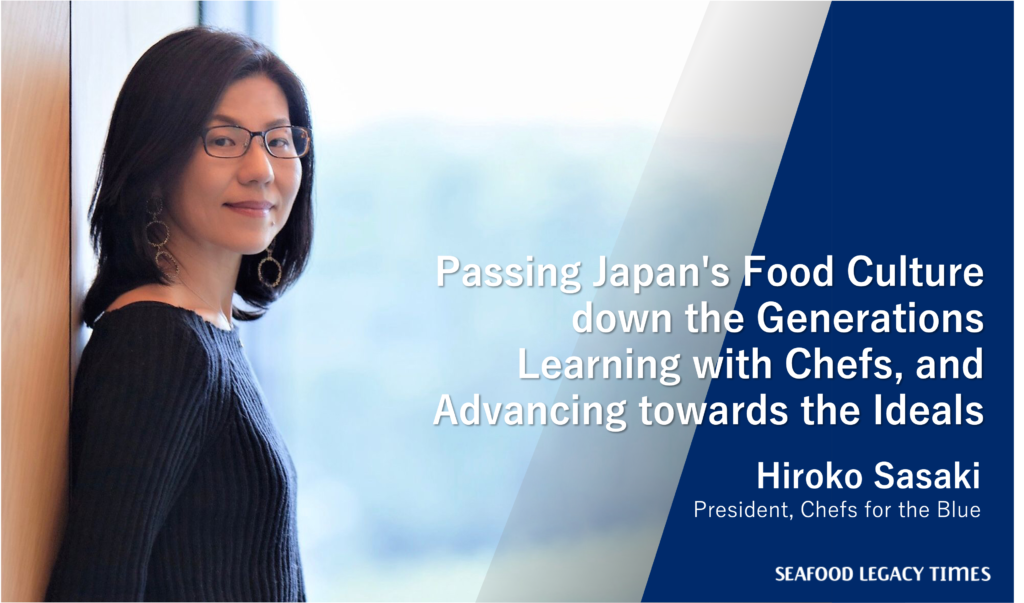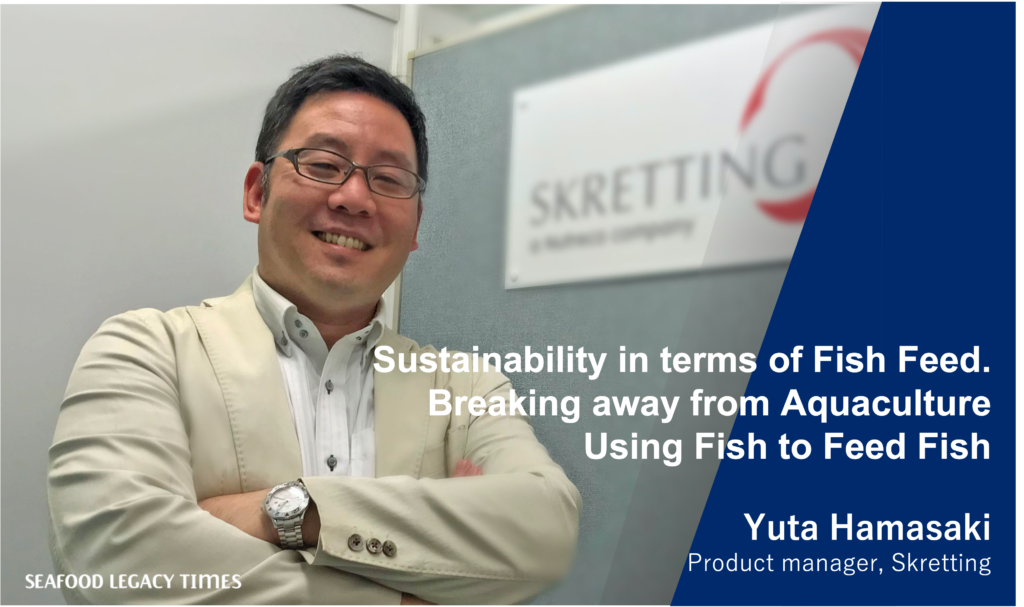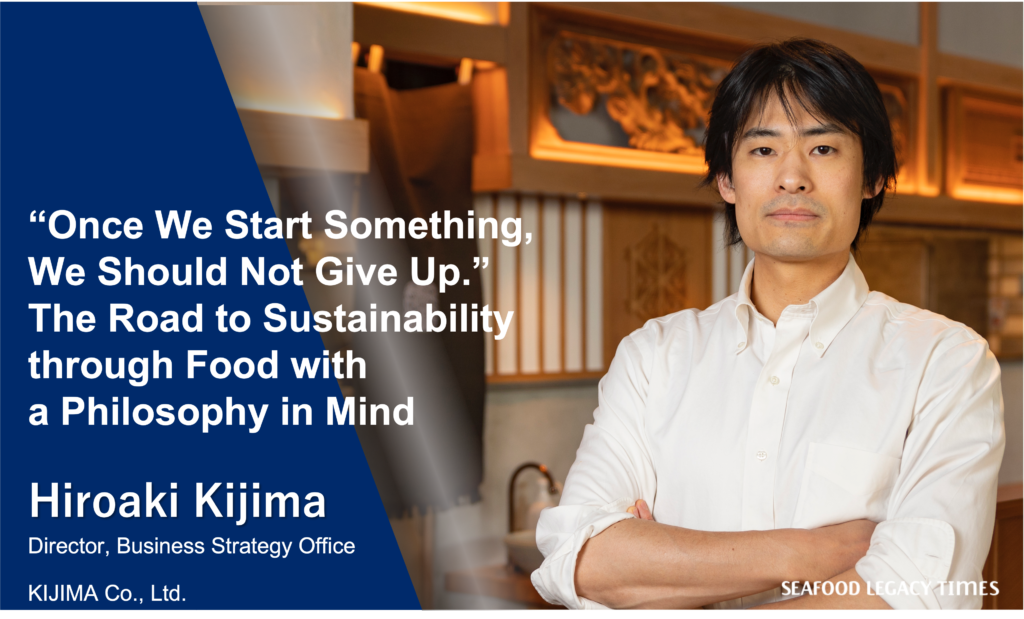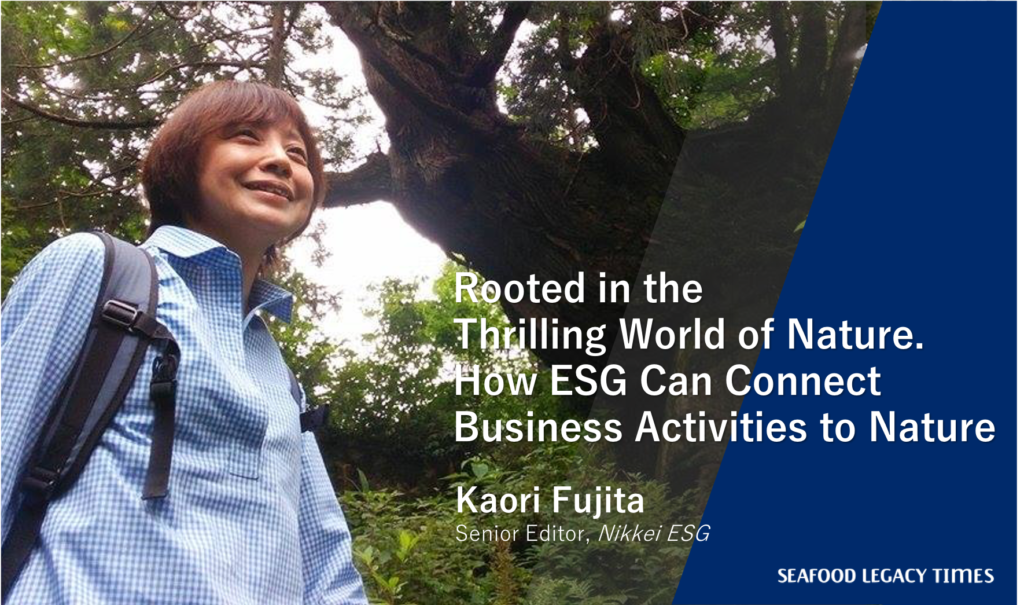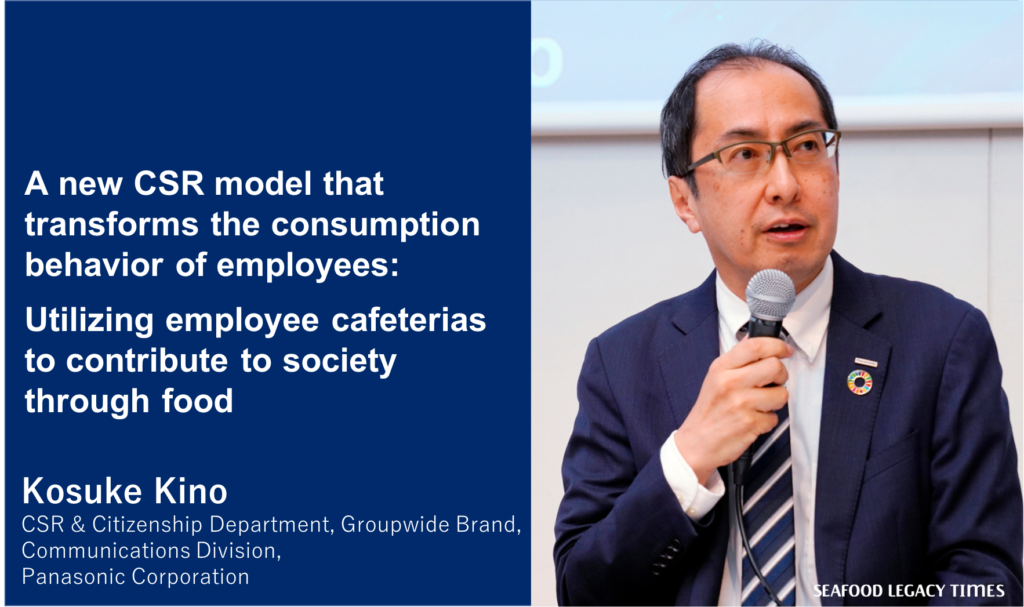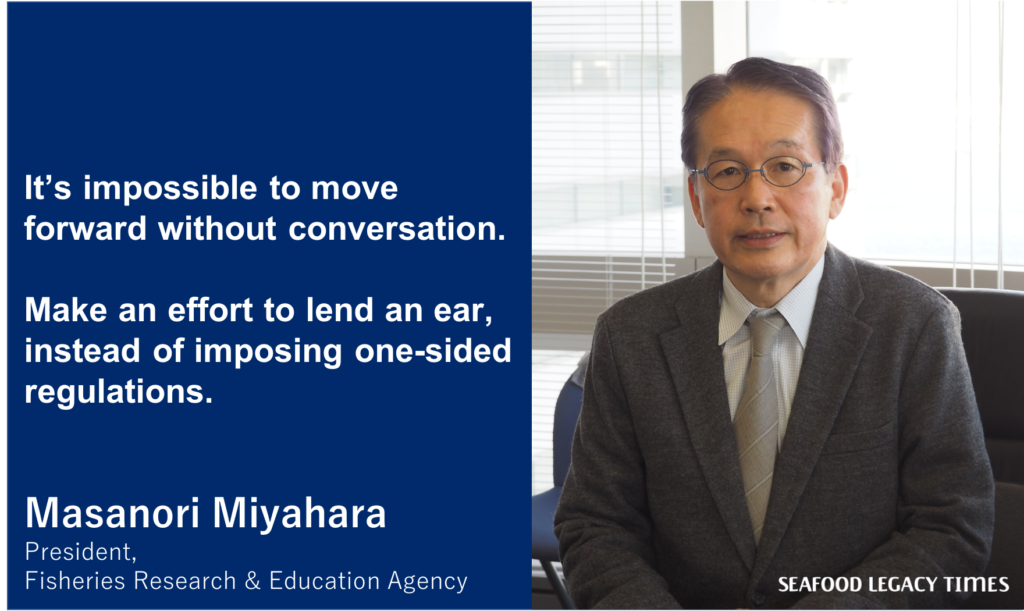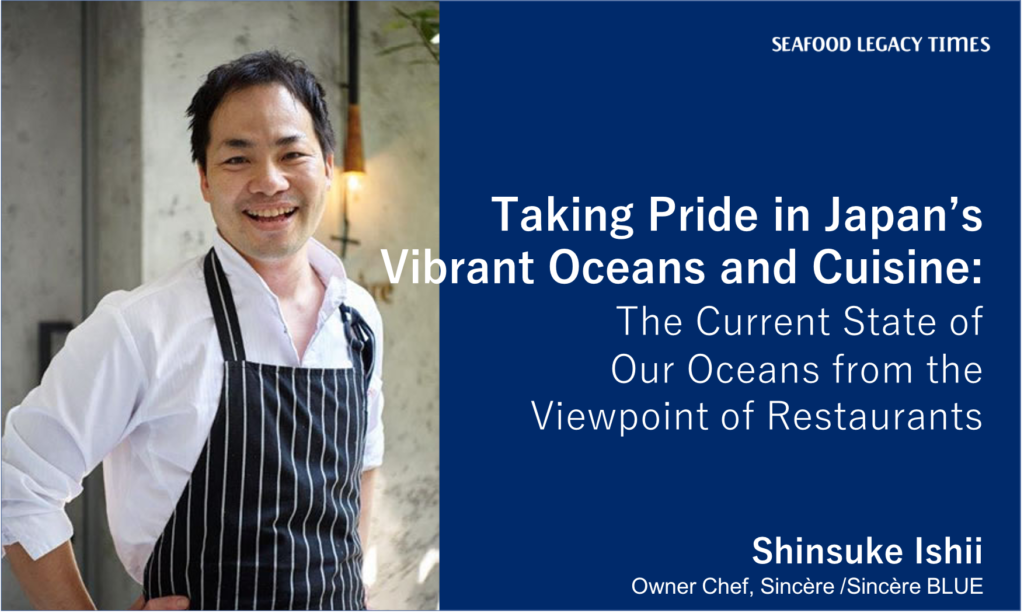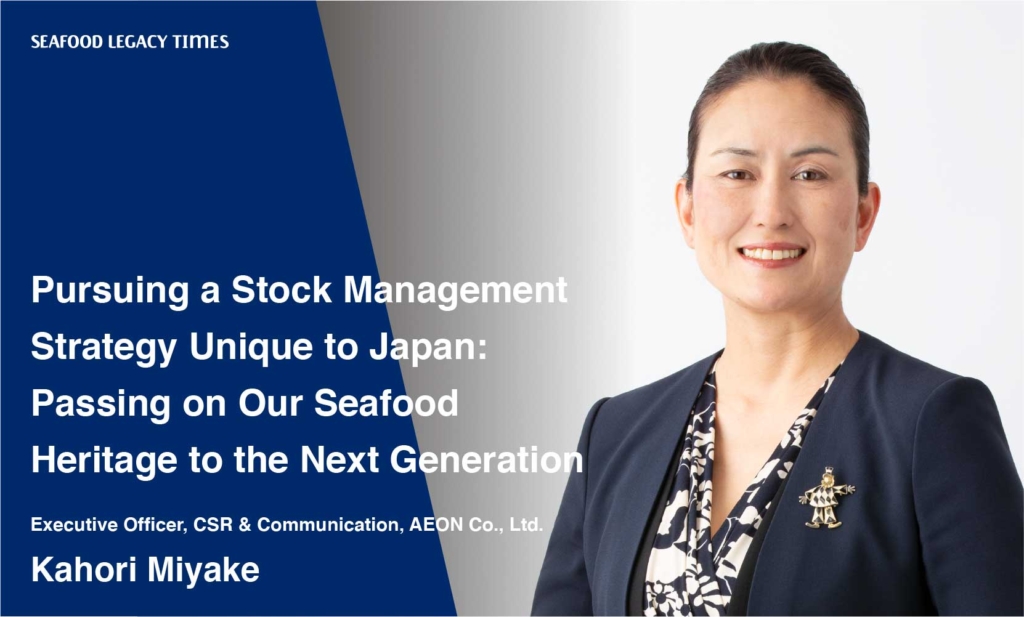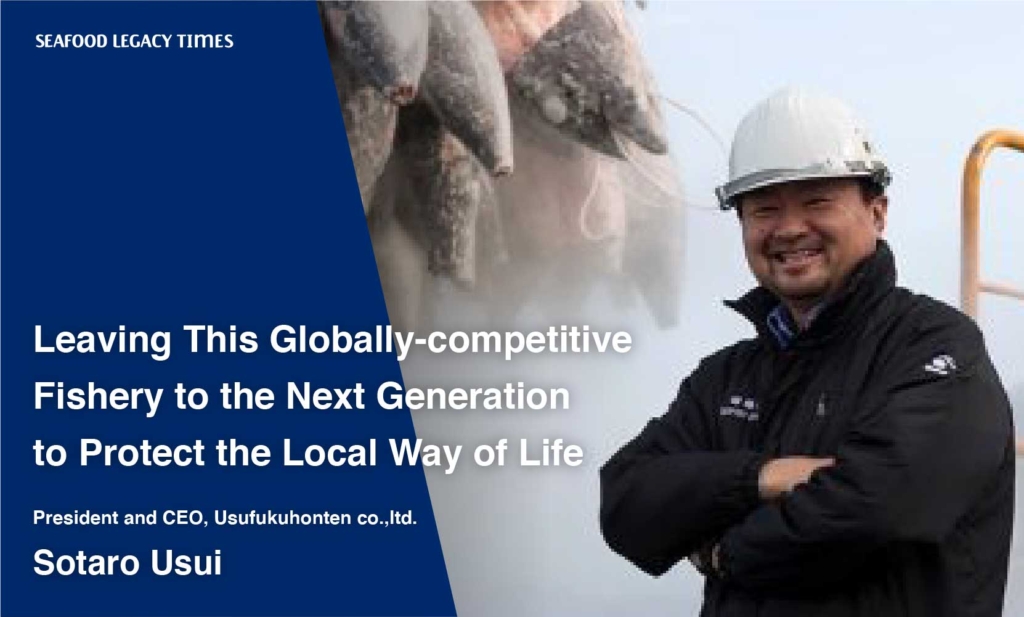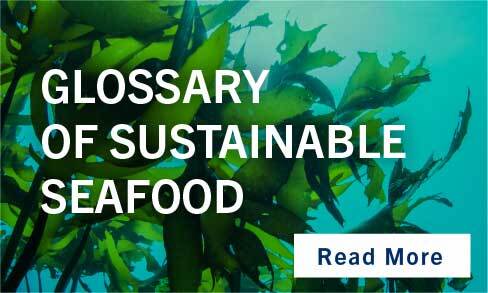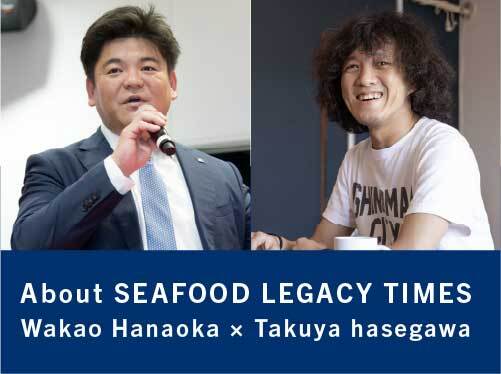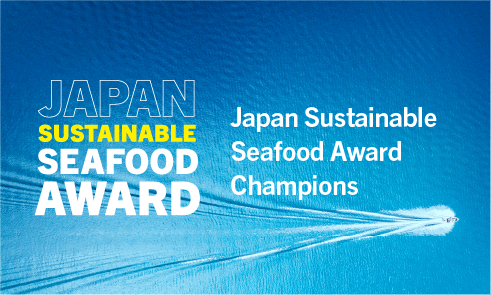

In January 2023, the Global Tuna Alliance (GTA) appointed Mr. Gunther Errhalt as its representative in Japan.
GTA is a network of retailers and tuna supply chain companies committed to achieving a more transparent, socially responsible, and environmentally sustainable tuna fishing industry, and Mr. Errhalt is its first Japan representative.
Mr. Errhalt is also the Japan representative for the Global Dialogue on Seafood Traceability (GDST) and is expected to play an active role in Japan, where the Act on Ensuring the Proper Domestic Distribution and Importation of Specified Aquatic Animals and Plants has just come into effect. We interviewed Mr. Errhalt, who has worked his way up through international organizations in the seafood industry, about how he ended up coming to Japan and what his career has been like so far.
Gunther Errhalt
Born in Massachusetts, the United States. While pursuing his bachelor’s degree in Chinese and International Relations at the University of Rhode Island he took multiple study abroad and work opportunities in China. After that he went to get his Masters Degree in International Trade and Economic Diplomacy at Middlebury Institute of International Studies University in Monterey, California. His interest in trade and diplomacy eventually led him to the North Pacific Fisheries Commission (NPFC) before joining Global Fishing Watch in 2019. In 2022, he established his own company, “Errhalt Consulting”, working as GTA’s Japan representative and GDST’s Asian market development representative from 2023.
——Please tell us about your background.
I grew up in the U.S., but ever since I was a child, I loved animals and nature and wanted to live abroad. At the time, Australian environmentalist and TV personality Steve Irwin was my idol, and I loved his show “Crocodile Hunter,” which aired on cable TV’s “Animal Planet” channel. He made me want to go to Australia someday.
But as I grew older, I developed an interest in the economic growth of China and other East Asian countries. This led me to major in Chinese language and international relations in college, and then to eventually move to China. While in China I took a vacation trip to Tokyo, and in just a few days I fell completely in love with the country. Maybe it was because I hadn’t seen the blue sky in months since I lived in China, or maybe it was because I used to be in the Navy and I liked the structured nature of Japan. On top of that, the delicious food, friendly people, and sense of safety were all very appealing to me. I decided to leave behind my entire life in China, and to move to Japan.
Then while I was in graduate school, I had the opportunity to speak with a Japanese diplomat during a visit to the UN and the WTO, and the diplomat spoke of the importance of the fishing industry. It was then that it hit me. This is exactly what I wanted to be involved in. The reason being that I thought that the fisheries industry would allow me to combine my love of environmental protection, diplomacy, and trade all in one field. Then I started looking for a job in Japan and landed a position at NPFC (North Pacific Fisheries Commission) in 2018. While at NPFC, I researched potential illegal transshipment through the use of AIS (Automatic Identification System for ships), and as I gained hands-on work experience, I realized that Japan is one of the most important fishing nations in the world, and I have been in Japan ever since.
——After leaving NPFC, you joined the staff of Global Fishing Watch in 2019, what were your responsibilities there?
At Global Fishing Watch, I was involved in assisting fishing patrols and setting up enforcement programs. My work involved providing fisheries information reports and assisting enforcement agencies in conducting fishing patrols in the Pacific Ocean. I was most involved in the North Pacific Guard, a joint fishing patrol between Canada, South Korea, the United States, and Japan.
Together with the heroic service members of the North Pacific Guard, I worked hard to identify illegal fishing vessels to be inspected by the security forces, including submitting reports on illegal fishing activities. Their patrols in 2019 uncovered more than eight times as many violations then in 2018. Thanks to their hard work they have identified many fishing vessels currently registered as IUU on NPFC and WCPFC vessel lists. Global Fishing Watch has now established a Joint Analytical Cell (JAC) in conjunction with TMT (Trygg Mat Tracking), which aims to reduce illegal fishing and improve ocean management, as well as Skylight and the IMCS network, which support monitoring of IUU fishing. While I am no longer involved in this work the JAC is continuing working to support these sorts of initiatives.
——Why are you interested in ocean sustainability?
Like many people in Japan, I eat a lot of seafood products in my daily life. Yet, since I began working in the fisheries sector, I have noticed that, despite all the compliance and policing efforts, a lot of illegal seafood is still entering the global supply chain. Whether through transshipment, a lack of action by flagstates, or other means, illegal seafood is still finding its way into the marketplace.
This is a serious situation. I would hate to think that the tuna, even if it is delicious, might have come from a fishing boat that is abusing its crew members. As a consumer, I would like to know whether a conveyor-belt sushi restaurant or supermarket is serving only sustainably sourced seafood. I suspect many people feel the same way.
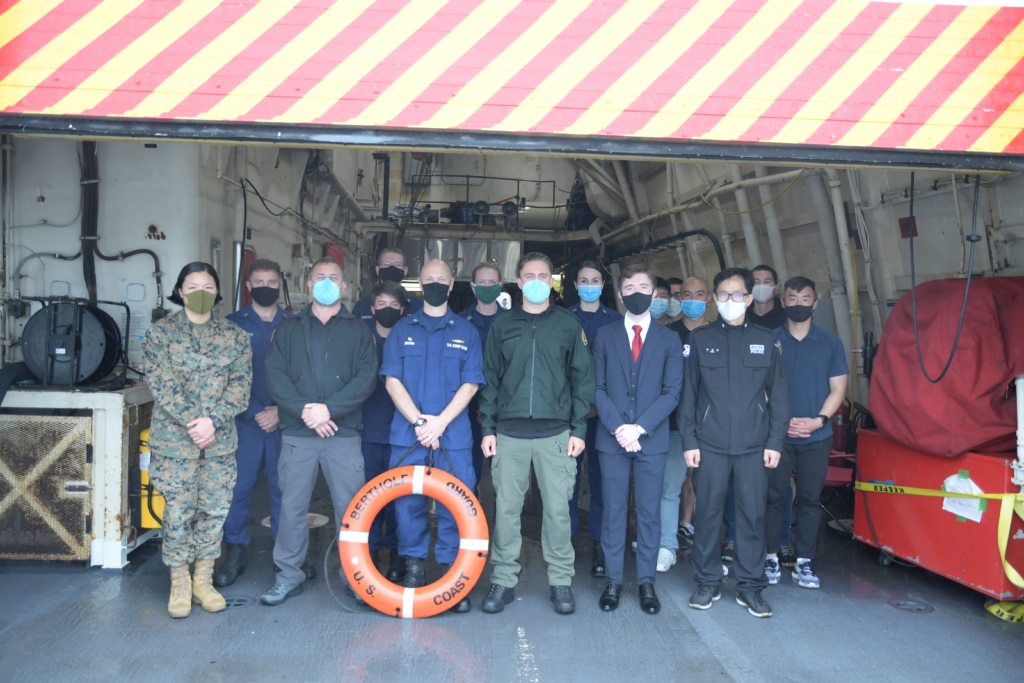 Mr. Errhalt worked hard to identify illegal fishing vessels at Global Fishing Watch
Mr. Errhalt worked hard to identify illegal fishing vessels at Global Fishing Watch
——Can you tell us how you started working for the GTA and GDST?
I believe that Japan should be the standard for the sustainability of fisheries in Asia. Therefore, in January 2022, I launched “Errhalt Consulting” to support foreign companies and NGOs involved in the fishing industry in their activities in Japan. In searching for organizations with a similar mindset to mine, I found GTA and GDST. After speaking with the respective CEOs, I became convinced that they, too, saw the value of sustainable fishing initiatives in Japan and decided to join forces with the GTA and GDST.
Original Japanese text: Shino Kawasaki





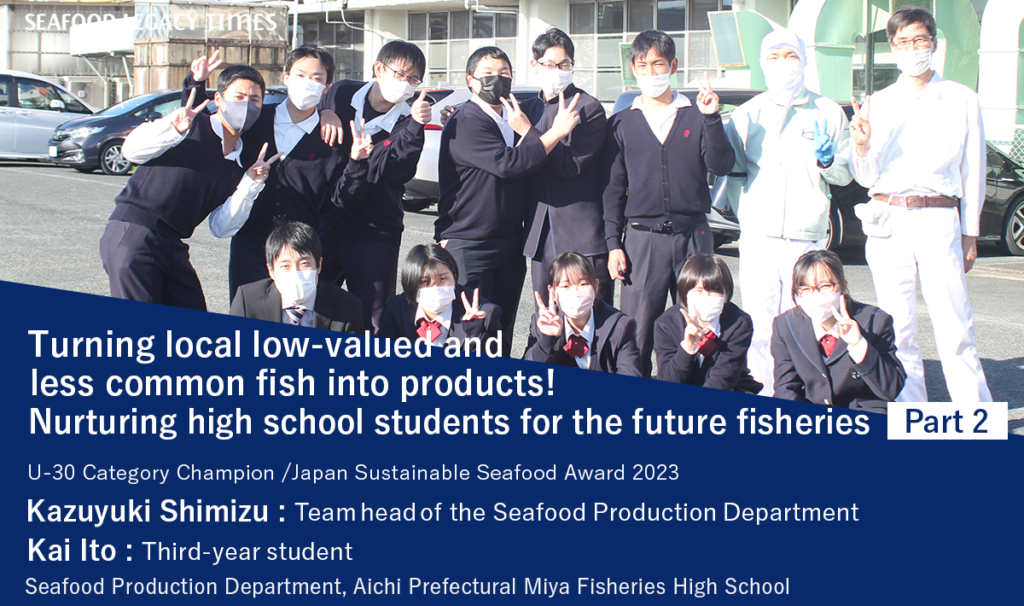
-1024x606.png)


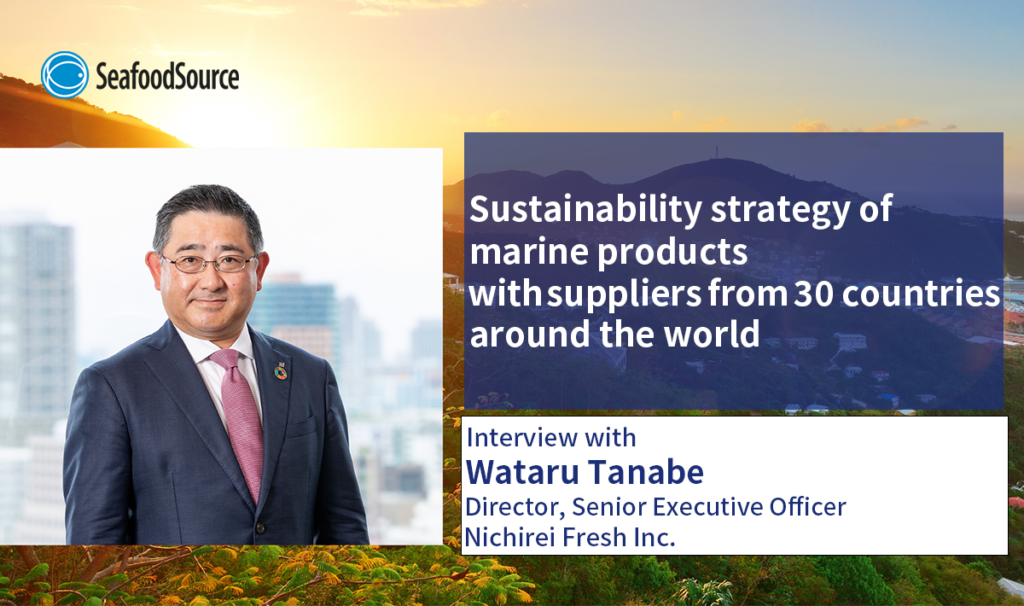
_-1024x606.png)

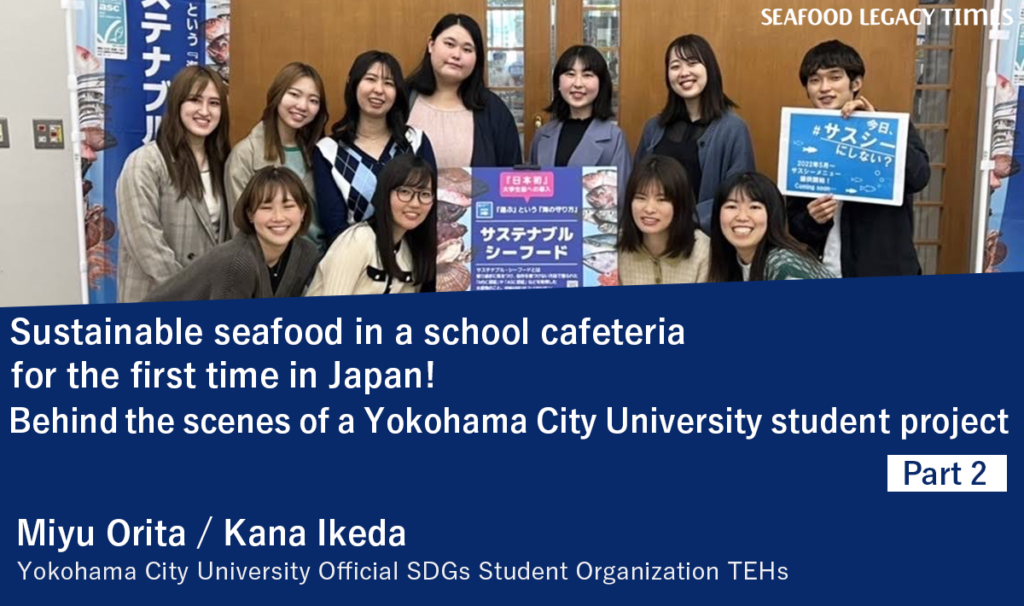
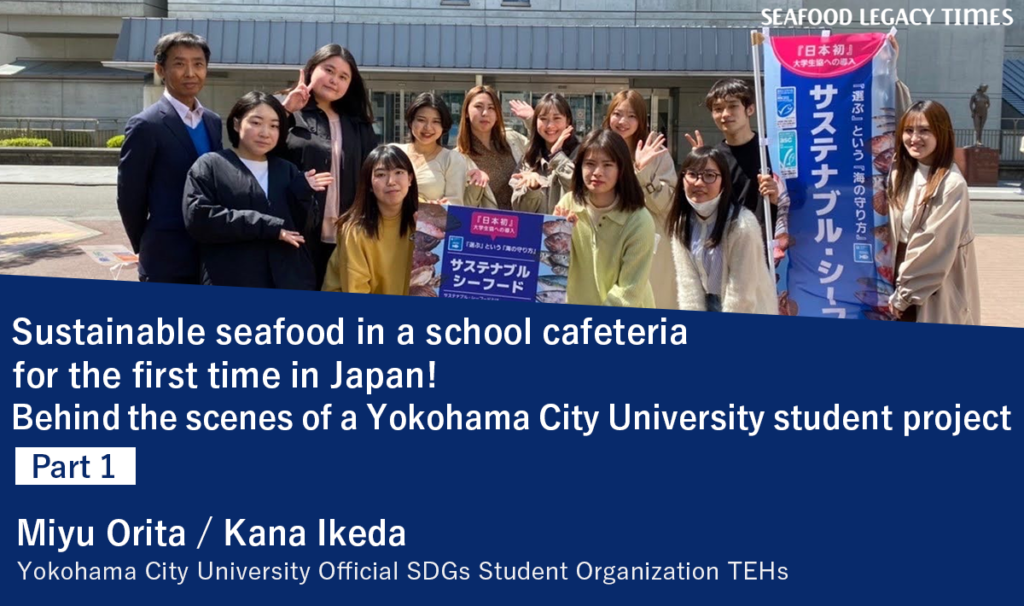



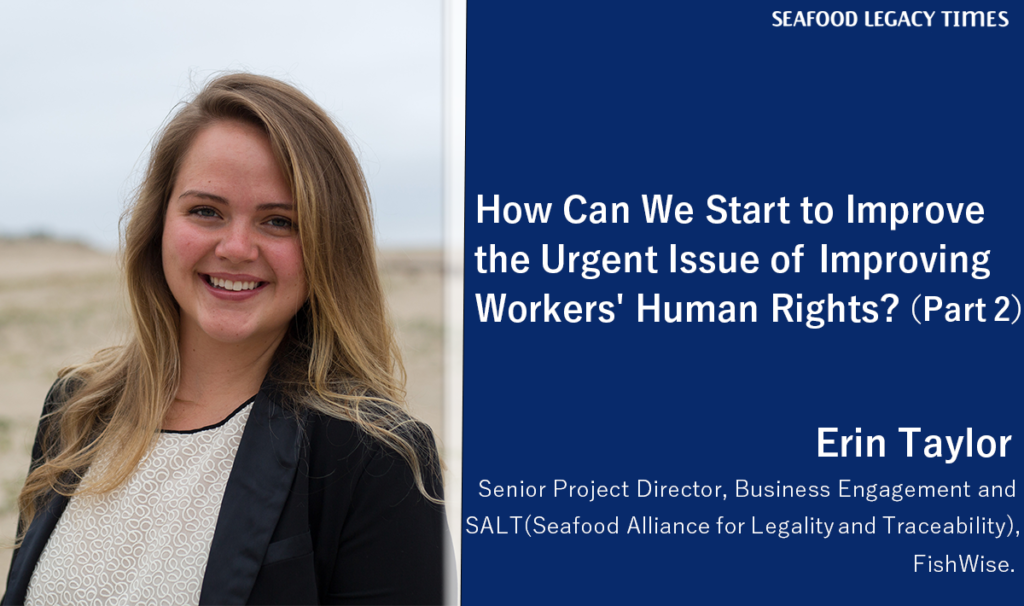
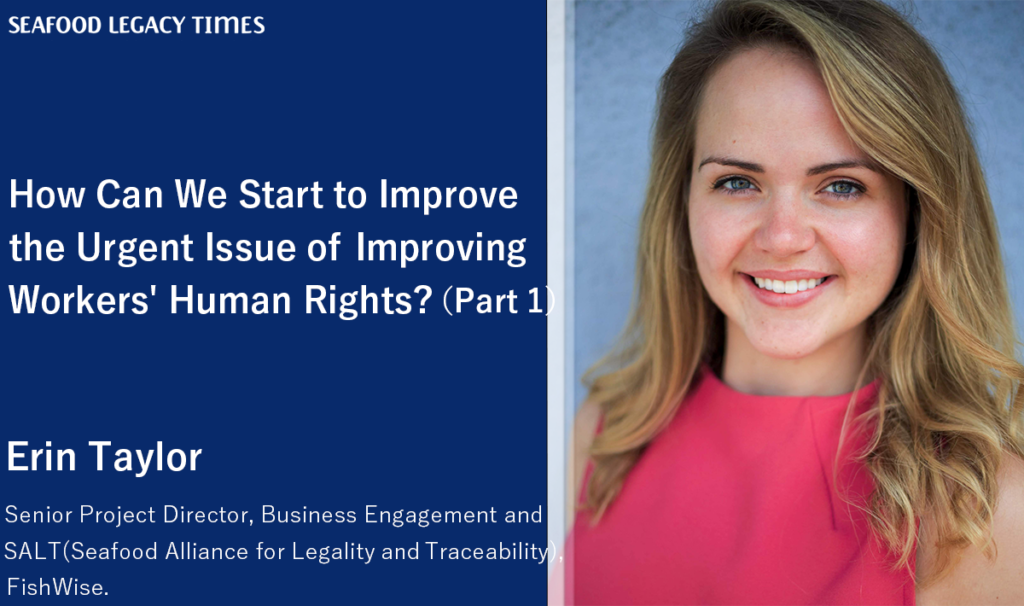
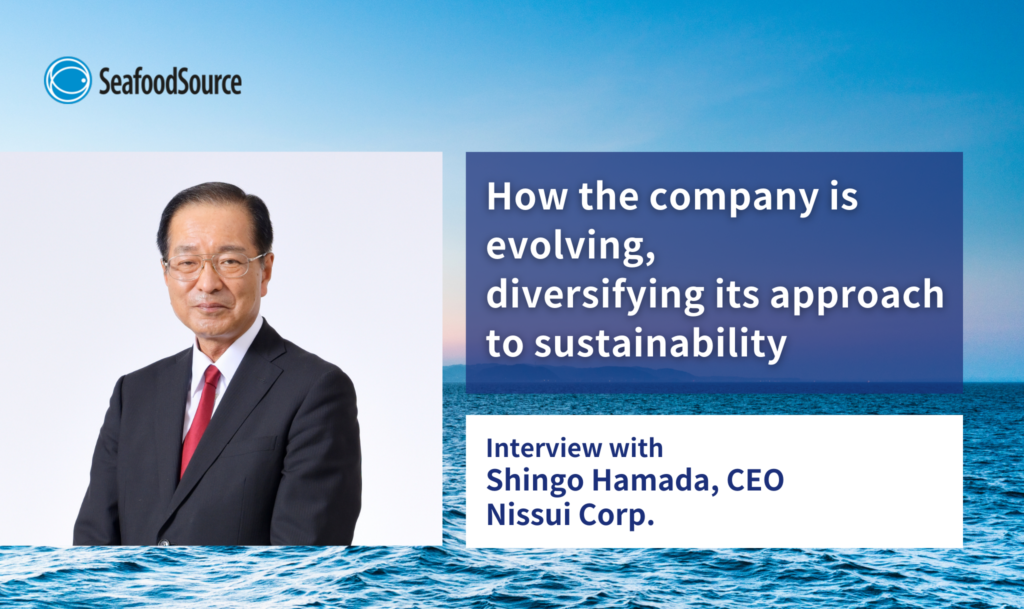




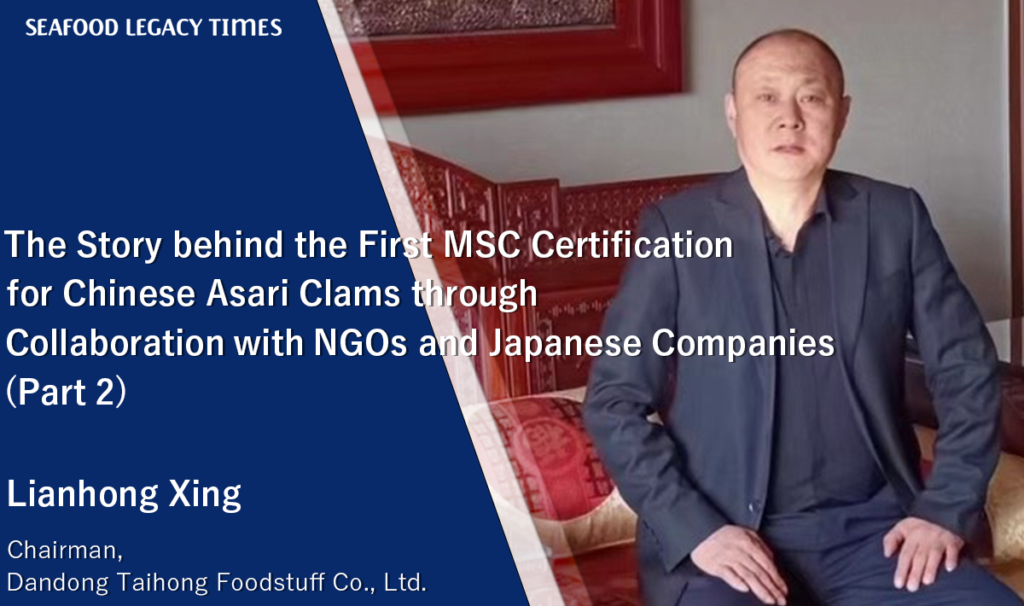
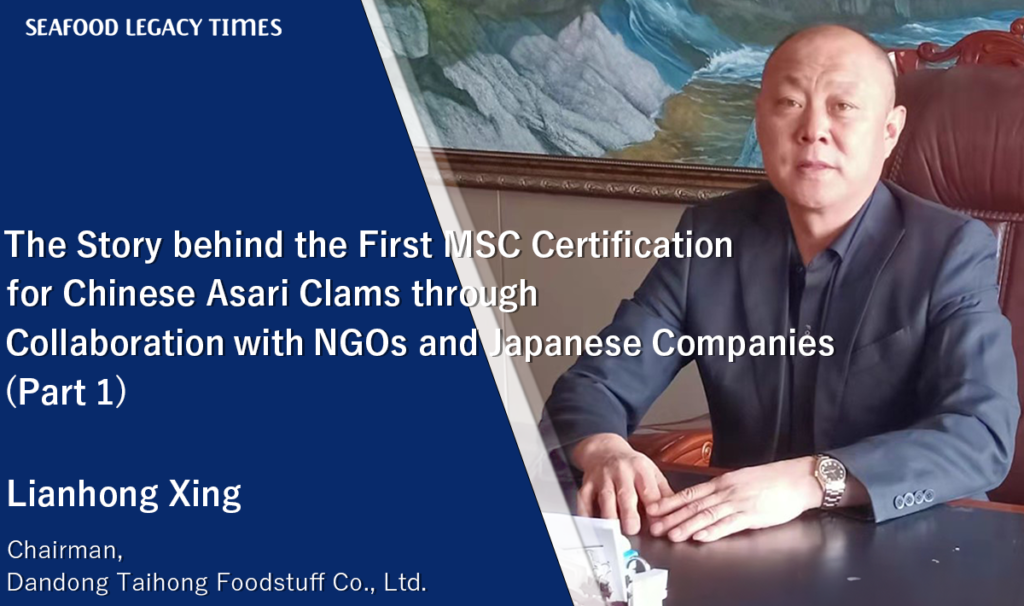

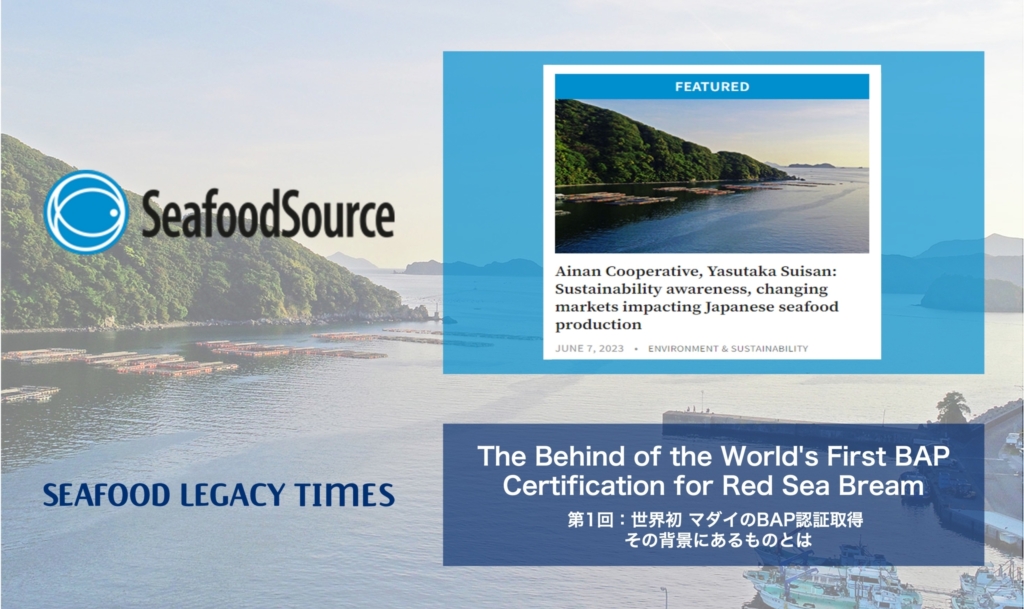

1_修正524-1024x606.png)


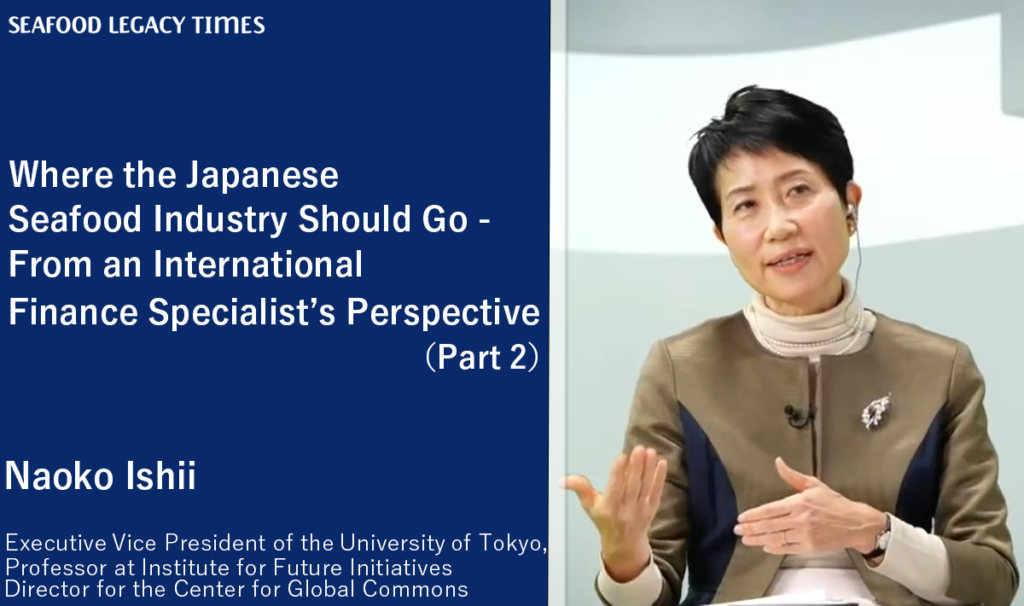







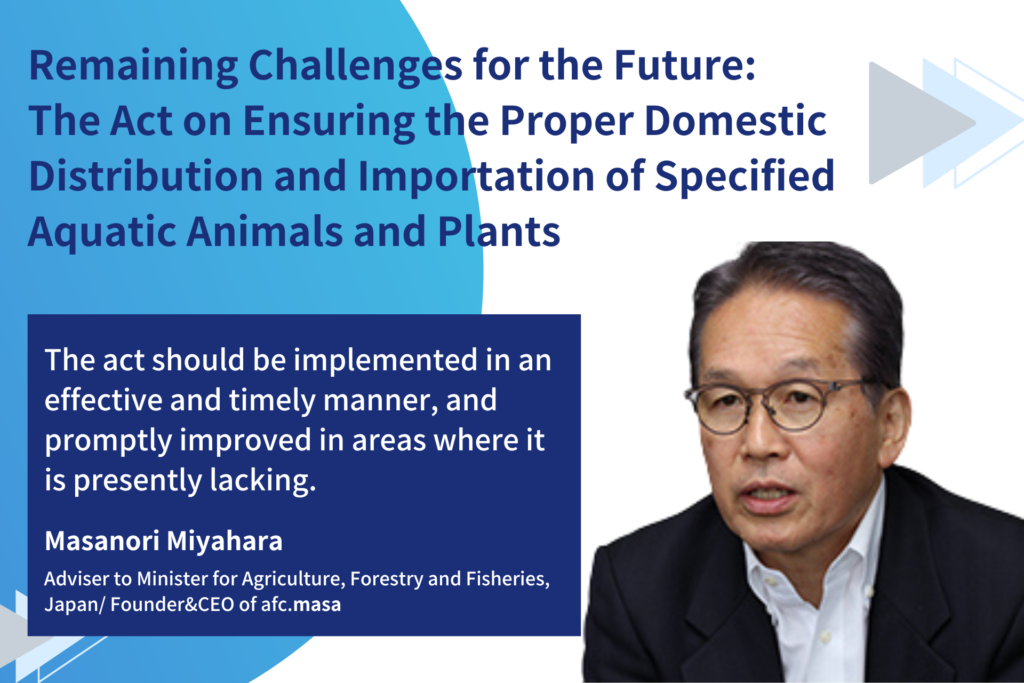
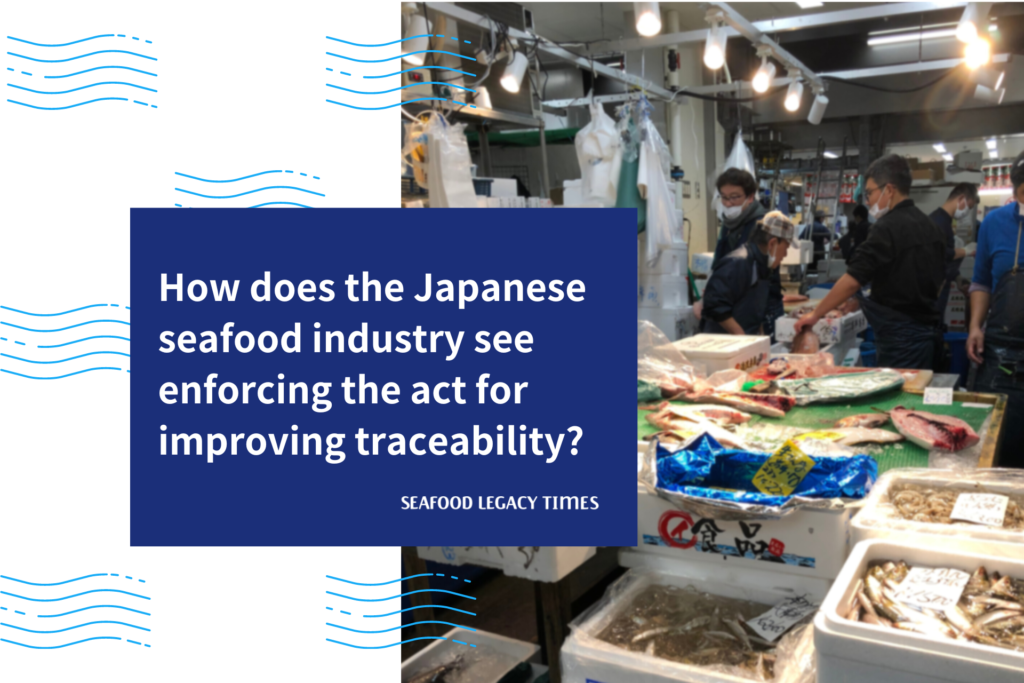



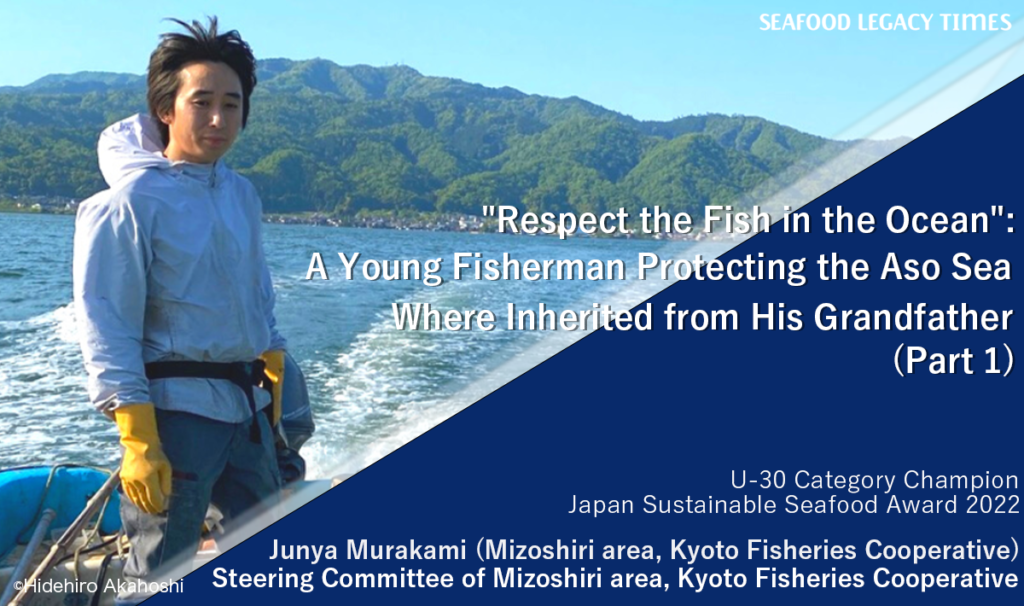
.2-1024x606.png)
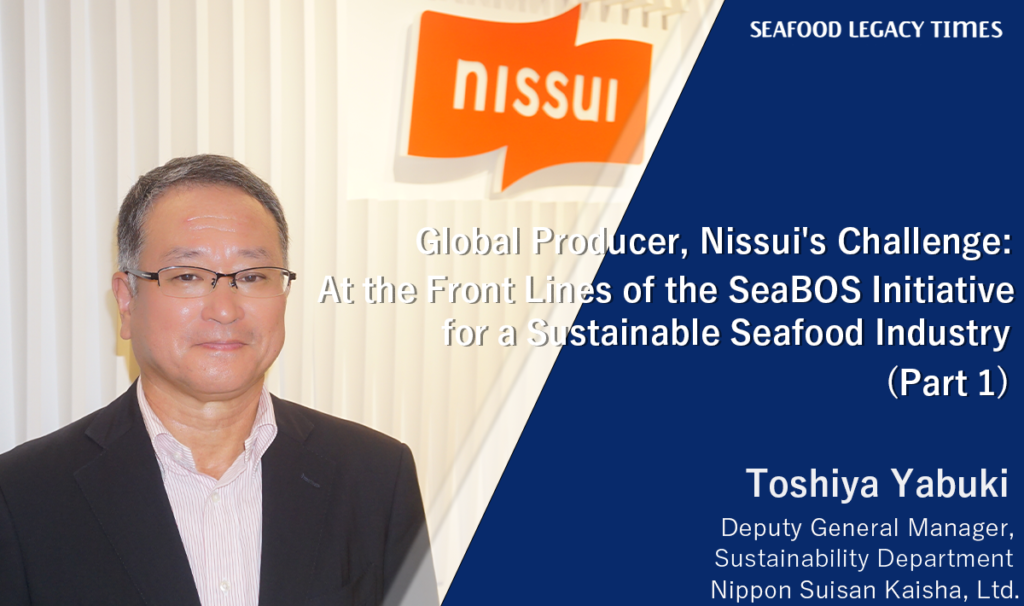
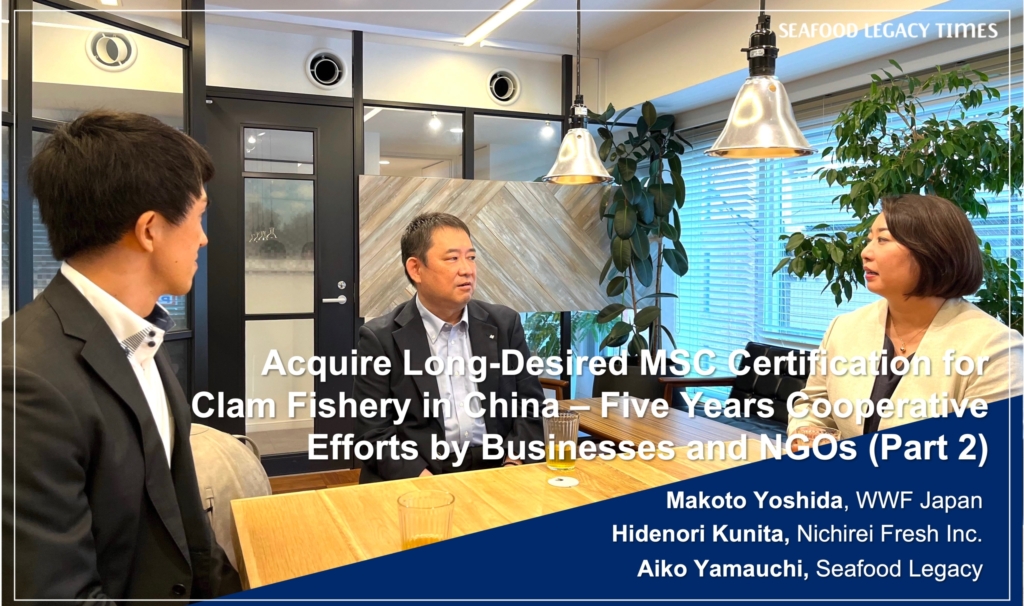
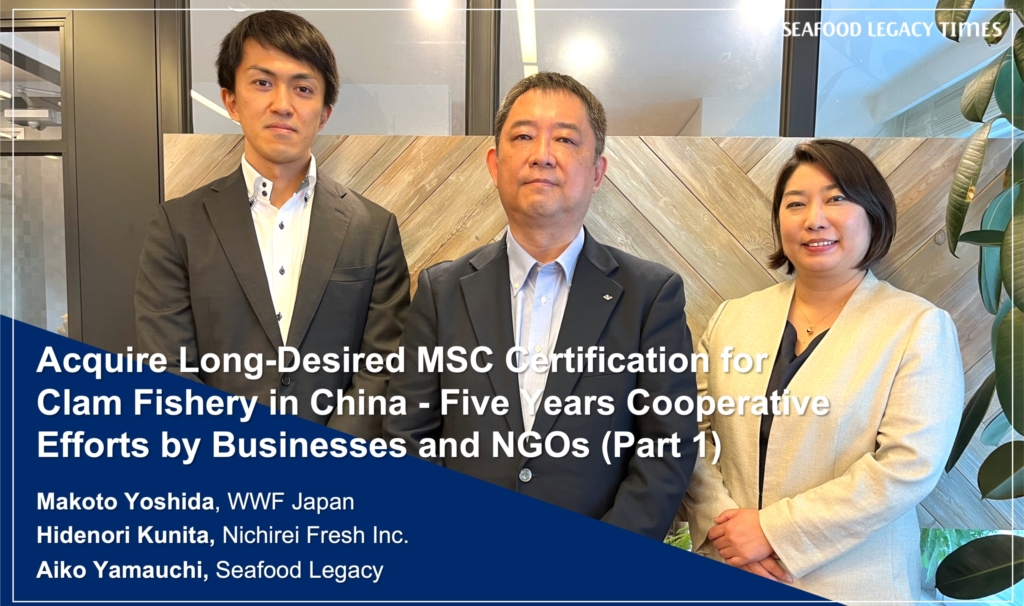






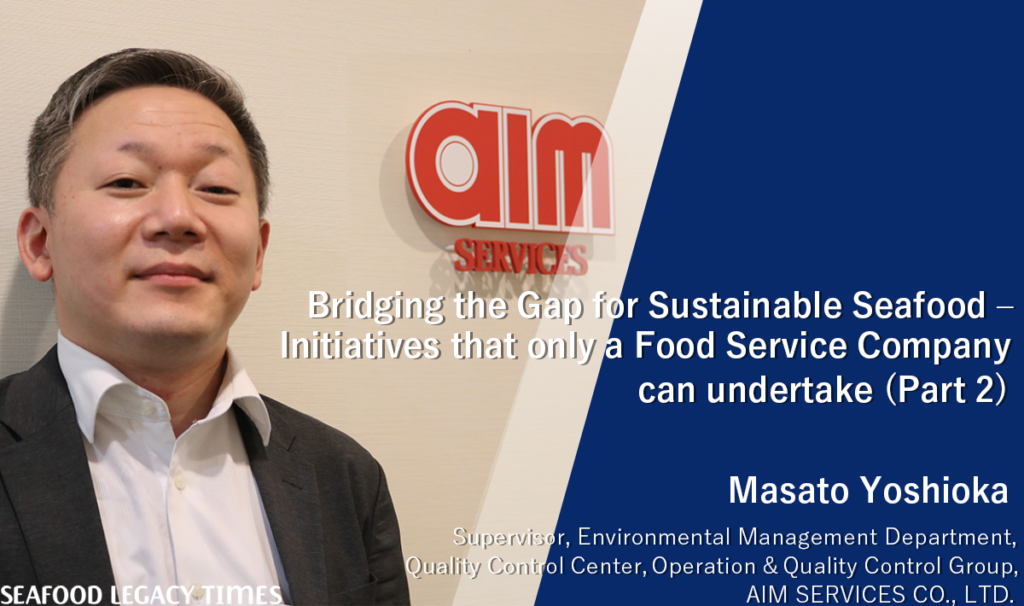
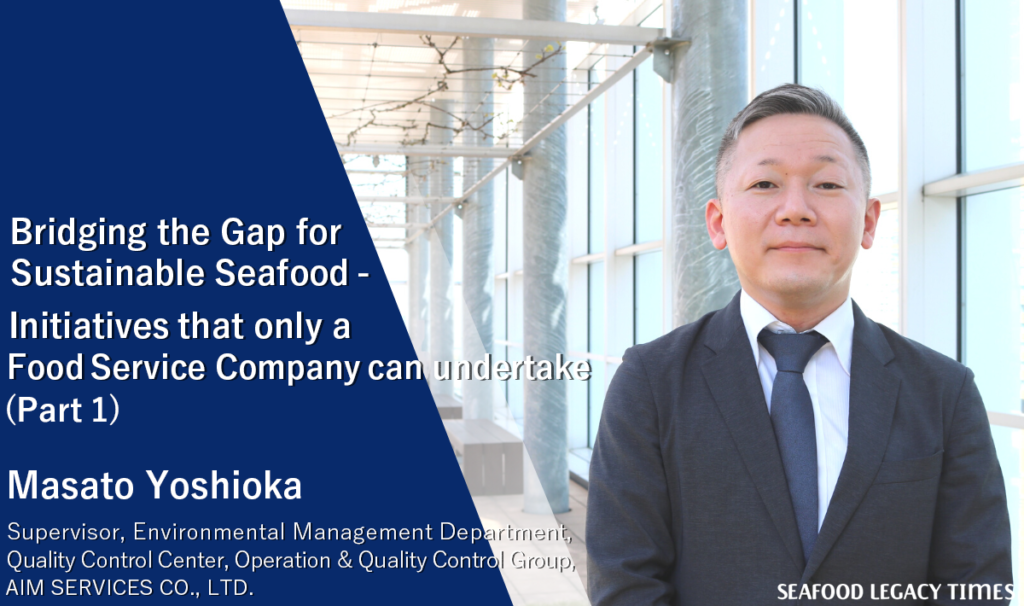
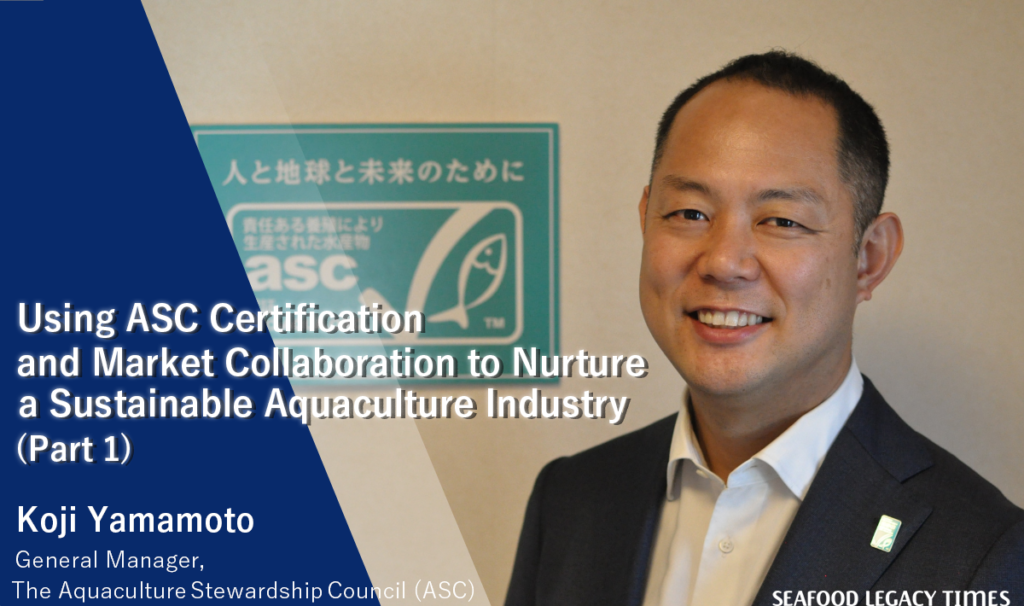
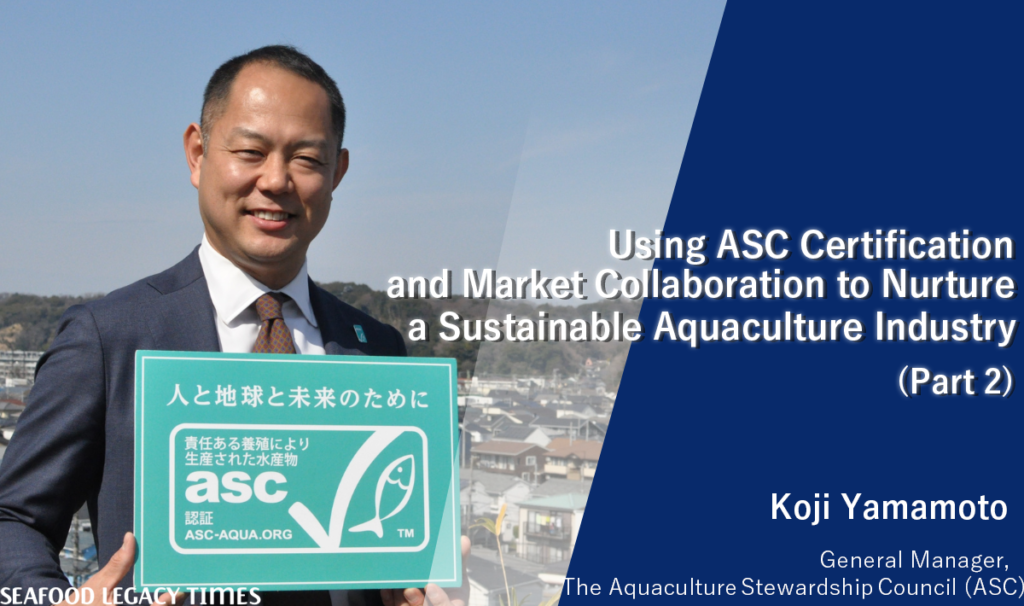
2-1024x606.png)
-1-1024x606.png)
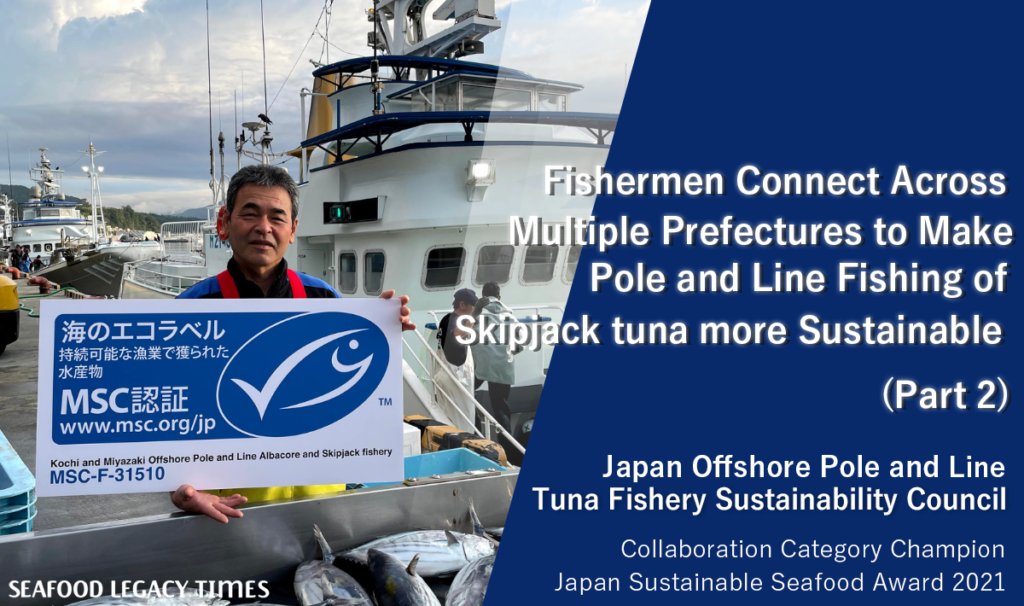
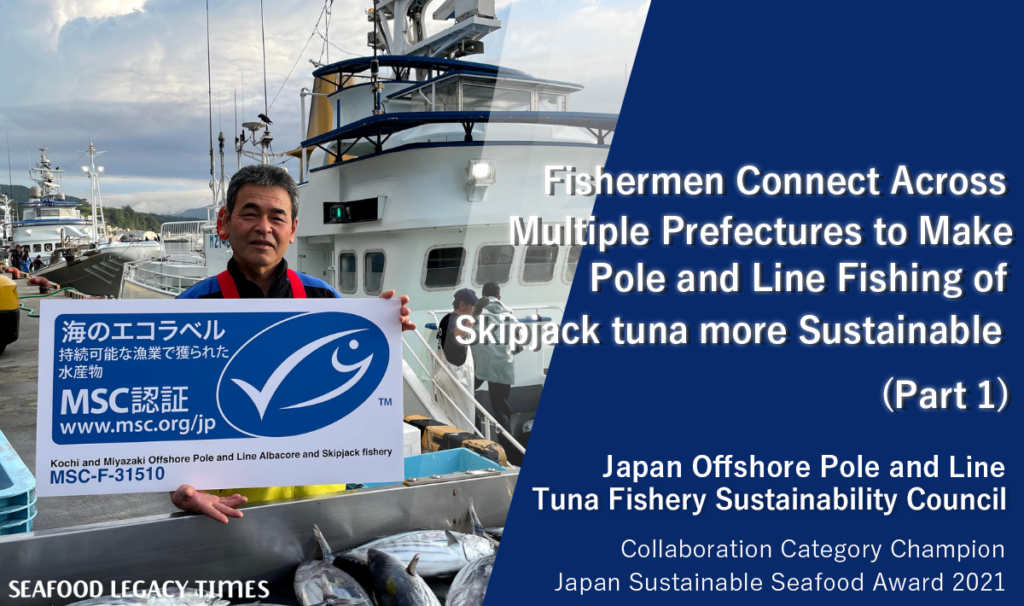
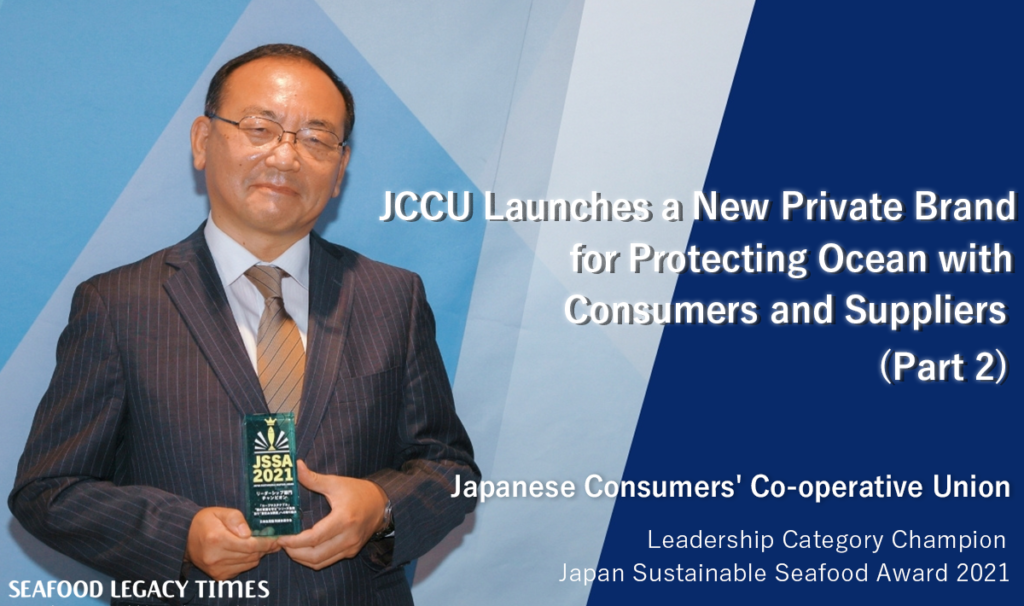
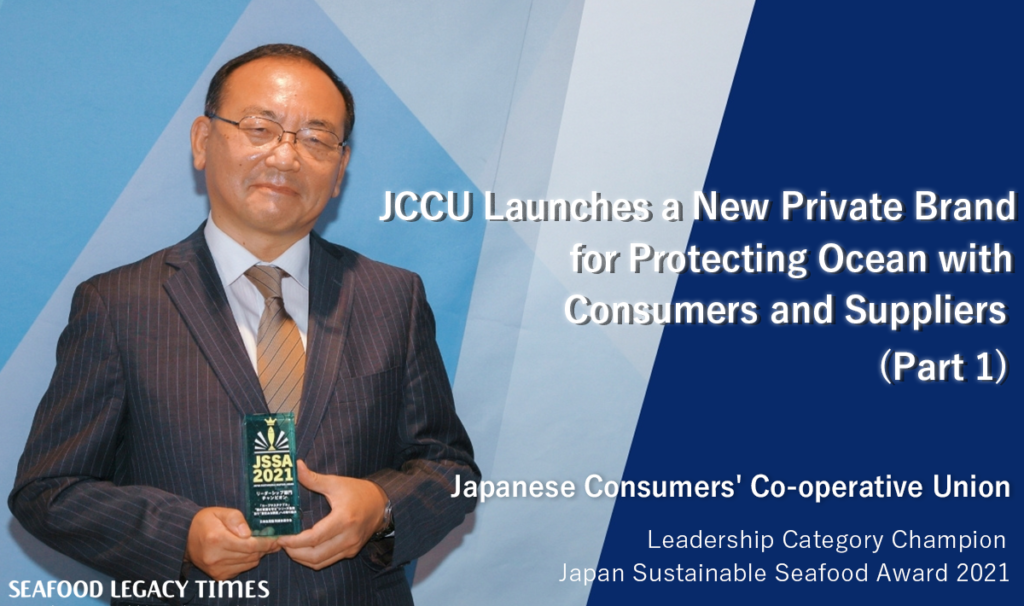
Part2-1024x606.png)
Part1-1024x606.png)
